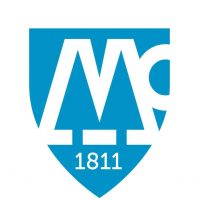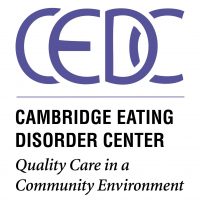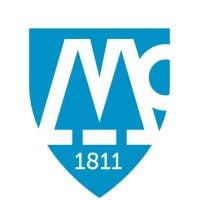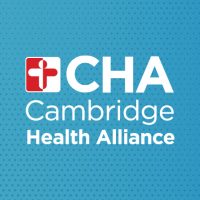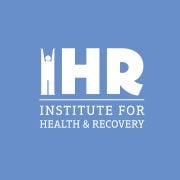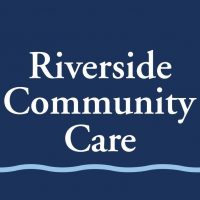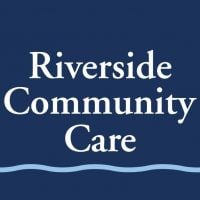Alcohol and Drug Rehabs in Cambridge, Massachusetts
The drug addiction problem in Cambridge, MA is relatively bad. There were over 1,000 admissions to treatment for drug and alcohol abuse in Cambridge in 2016. The most commonly used drug in Cambridge is marijuana, and the most common drug of choice for those who seek treatment is heroin. Overall, it is estimated that 844 people in Cambridge will abuse or be dependent on drugs or alcohol each year.
Drug addiction and abuse have a big impact on the community in Cambridge, MA. It not only leads to crime and violence but also causes health problems and hurts businesses. Drug addiction can also lead to family problems and homelessness.
Discover a facility in our list below that fits your needs, or contact us for individual recommendations. With a range of drug and alcohol recovery programs available across Massachusetts, Cambridge provides resources for care and a happier future.
You’re not in this alone, call an admissions expert.
We will help you find treatment based on your location, budget, and specific needs and help you get started safely.
Free + Confidential Consultation
Browse 20 Centers in Cambridge, Massachusetts
McLean - Child and Adolescent Outpatient Services
McLean is a JCAHO-accredited outpatient treatment program for children and adolescents offering dual diagnosis, eating disorder, mental health, opioid addiction, alcoholism, and substance use care, with a range of therapeutic opportunities and various levels of care available.

The Cambridge Eating Disorder Center (CEDC) is a JCAHO and SAMHSA accredited addiction treatment facility in Massachusetts that offers a comprehensive range of care, from aftercare support to residential/sober living, for individuals struggling with dual diagnosis, eating disorders, and mental health issues.


North Charles Mental Health & Addiction Services
North Charles Mental Health & Addiction Services has been providing accredited, comprehensive treatments and services to aid individuals in Cambridge in overcoming addiction and mental health issues since 1971.

Caspar - Emergency Service and FirstStep Program
Caspar - Emergency Service and FirstStep Program in Cambridge, MA is an addiction treatment center that offers comprehensive addiction treatment, including aftercare support, detox, residential treatment, and outpatient care, as well as dual-diagnosis treatment and evidence-based therapy methods, to help individuals recover from alcoholism, opioid addiction, mental health issues, and substance abuse.

McLean-Gunderson Residence is an 1811-established addiction treatment facility located in Cambridge, MA that offers an array of services, including dual diagnosis treatment, residential and outpatient levels of care, evidence-based treatment and holistic support, all accredited and insured by the Joint Commission on Accreditation of Healthcare Organizations for meeting the highest standards of care and quality.

Womanplace is a drug rehab center in Cambridge, MA, providing comprehensive treatment services, ranging from intensive inpatient and residential programs to outpatient options and relapse prevention, using evidence-based therapies such as CBT, DBT, and REBT with access to care through private health insurance.
Alchek Maxine Psychologist is an addiction treatment facility located in Cambridge, MA offering specialized services such as drug rehab, inpatient levels of care, individual and group counseling, and accepting private health insurance, to assist individuals suffering from various forms of substance abuse and addiction.
Cambridge Hospital is a mental health facility offering a range of evidence-based treatments, including inpatient, outpatient, and residential options, as well as NRT for quitting smoking, to help clients achieve their mental health goals.
The Institute for Health and Recovery is a non-profit organization in Cambridge, Massachusetts that offers various levels of care and treatment methods for individuals with addiction and substance abuse issues.



Agrawal Hans
Agrawal Hans Addiction Treatment Facility in Cambridge, MA provides tailored inpatient, individual counseling, and holistic therapies to individuals struggling with substance abuse and mental health disorders, with the aim of helping them reach long-term sobriety and live a healthier lifestyle.
North Charles is an accredited addiction counseling and rehabilitation center in Cambridge, MA specializing in dual-diagnosis treatment, offering a variety of programs and therapies tailored to meet each individual's needs.



Mount Auburn Hospital is a leading healthcare provider dedicated to helping individuals and families manage their recovery from substance abuse and addiction through evidence-based treatments and quality services.
Impact Alcohol and Drug Treatment offers comprehensive care for individuals struggling with alcohol abuse, opioid addiction, and substance abuse in Cambridge, Massachusetts, providing aftercare support, detox services, 12-step facilitation, matrix model and community reinforcement plus vouchers therapies along with specialized staff such as employment counselors and family therapists.

American Academy - Addictive Disorders
The American Academy - Addictive Disorders provides a comprehensive rehab program, aiding individuals suffering from alcohol, opioid and substance abuse, drug and other addictive disorders, with tailored care ranging from inpatient to outpatient services and specialized therapies, to ensure lasting recovery.
Office - Based Dependence Treatment
Office-Based Dependence Treatment is a comprehensive treatment service in Cambridge, MA that offers evidence-based therapeutic approaches to help individuals overcome their alcohol and drug dependencies through a range of levels of care and supportive services.
Cambridge Somerville Social Club
The Cambridge Somerville Social Club offers comprehensive care and treatment options for individuals struggling with substance abuse, including long-term residential options and counseling support for successful recovery.
CASPAR - GROW House in Cambridge, Massachusetts is a non-profit recovery organization providing a range of services to individuals affected by substance abuse and addiction, including screening, detox programs, individual and group therapy, and support with employment and housing.
Caron - Simmers Guillemette Psychotherapist
Caron - Simmers Guillemette Psychotherapist is an Addiction Treatment Facility in Cambridge, MA offering inpatient levels of care, evidence-based practices and medical interventions to help individuals suffering from substance abuse and drug addiction achieve lasting sobriety.
Riverside Outpatient Center is a private mental health and substance abuse treatment center in Cambridge, MA that provides comprehensive care including various therapies and treatment options for alcohol and opioid addiction, as well as dual diagnosis.
Riverside Community Care in Cambridge, MA is a specialized program providing various levels of treatment for addiction, mental health issues and eating disorders using an array of effective methods.
Drug and Alcohol Treatment in Cambridge, MA
Most people who seek treatment at a rehab facility do so voluntarily. Others are referred by their family members, employers, or the court system. Treatment might be necessary for individuals who are dependent on drugs and alcohol because they get admitted to the hospital due to an overdose, or they are arrested or charged with a crime due to their addiction.
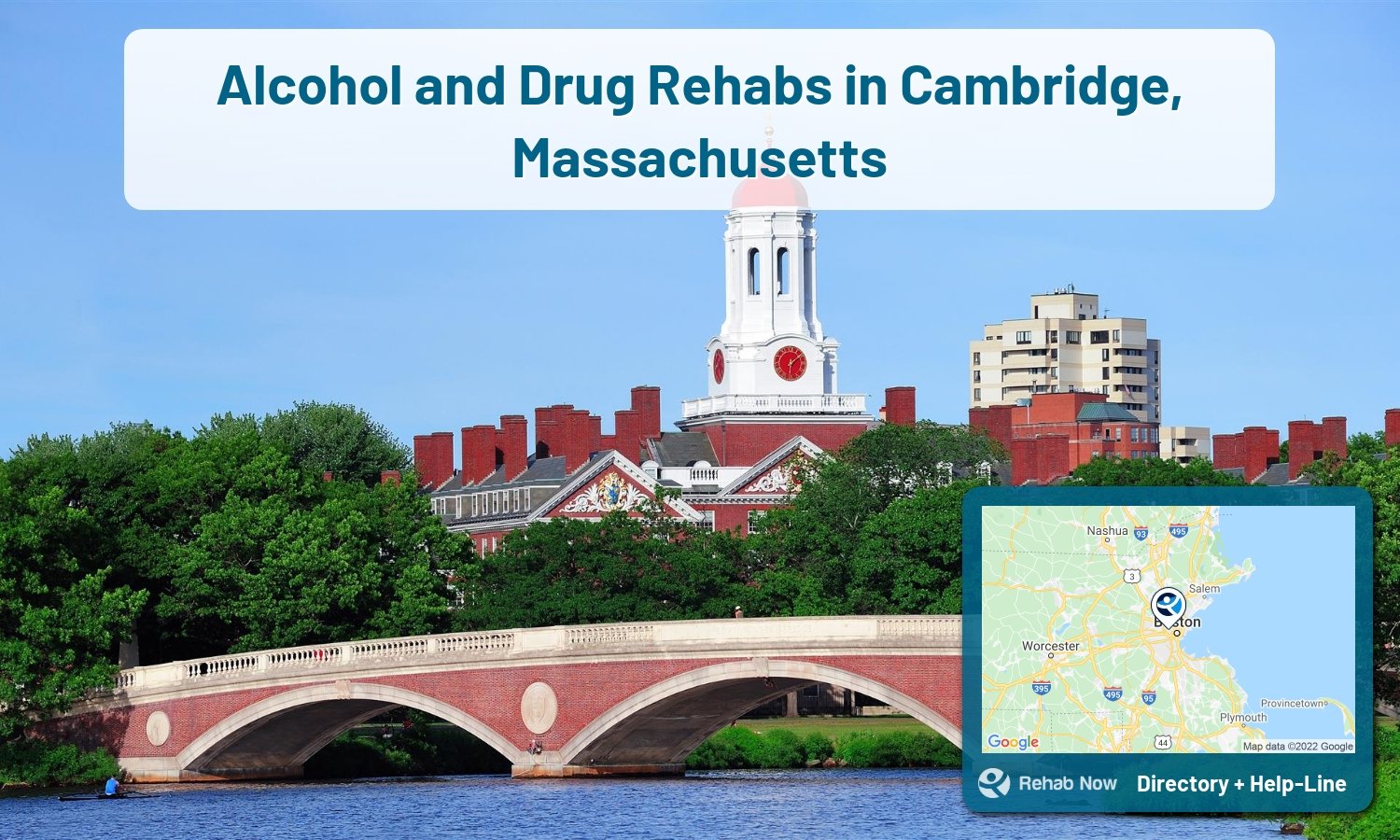
What Types of Treatment are Available in Cambridge, Massachusetts?
There are many different types of drug rehab programs available in Cambridge, MA. The most common type is an outpatient program, which requires patients to attend several treatment sessions per week. These sessions usually consist of counseling and group therapy.
Another type of treatment is an inpatient program, which requires addicts to live at the rehab facility while they go through treatment. These facilities often focus on more intensive therapy, but they also give patients the chance to get away from their usual environment, which can be helpful for some people.
Some rehab centers specialize in certain addictions, such as opioid addiction. These special programs provide unique treatment methods for people with specific addictions to help them overcome their drug problems.
Addicts who are worried about how addiction may have affected their health can choose to go to a rehab center that focuses on holistic practices. These facilities encourage the patients to eat well and get plenty of exercises, so they can feel healthier during and after treatment.
Drug Abuse Statistics in Cambridge, Massachusetts
The National Institute on Drug Abuse (NIDA) reports that there were over 1,400 overdose deaths in Massachusetts in 2016, and the majority of those cases were related to opioids. In addition, the percentage of people who reported using drugs in the past month was significantly higher in Cambridge than in the rest of Massachusetts.
- It is estimated that about 4% of teenagers and young adults aged 12 to 25 reported using an illicit drug.
- In 2018, it was estimated that there were about 2,237 people who needed treatment for drug and alcohol addiction in Cambridge.
- Only about 1.8% of people received treatment for drug and alcohol addiction at a specialty facility.
- In a one-year period in Cambridge, about 5.5% of adults aged 18 or older reported using marijuana.
Additional Treatment Centers in Massachusetts
Massachusetts has one of the highest rates of drug abuse in the country. More than half a million Massachusetts residents abuse alcohol while more than 1.5 million use illegal drugs each year. This drug and alcohol usage is the cause of over 8% of all deaths in the state. In 2017, Massachusetts ranked in the top 10 of the states with the highest opioid overdose rates.
Still haven't found the right recovery center? Browse nearby Massachusetts cities.
- Beverly, MA (18.2 mi.)
- Dedham, MA (10.3 mi.)
- Wareham, MA (49.0 mi.)
- South Dennis, MA (70.3 mi.)
- Billerica, MA (12.9 mi.)
- Falmouth, MA (64.5 mi.)
- Chicopee, MA (76.2 mi.)
- Foxboro, MA (23.1 mi.)
- Huntington, MA (88.9 mi.)
- Swampscott, MA (13.3 mi.)
- Brighton, MA (3.2 mi.)
- Arlington, MA (1.6 mi.)
- Boston, MA (101)
- Worcester, MA (56)
- Springfield, MA (47)
- Pittsfield, MA (30)
- New Bedford, MA (27)
- Fall River, MA (26)
- Quincy, MA (24)
- Lowell, MA (22)
How Does a Drug Rehab Center Help in Treating Addicts?
A drug rehab center can provide a variety of treatment options for those who want to stay sober. Inpatient and outpatient services are offered, as well as support groups.
Through detoxification, addicts can be weaned off drugs safely and without too much discomfort. If the withdrawal period is severe, medical assistance may be necessary. Regardless of the substance of abuse, counseling and therapy are often recommended for anyone who wants to stay clean and sober.
With these services, people can learn how to refrain from abusing drugs and alcohol. They will also learn how to resist peer pressure, so they do not relapse in the future. In addition, they can develop coping mechanisms to handle stress and other problems without turning to drugs or alcohol again.
What Happens When My Loved One is Addicted?
Addicts usually get help when they hit rock bottom. The people who care about them often have to take the first steps, since addicts are usually reluctant to seek help themselves. If an addict is still using drugs or alcohol, it may be necessary for other family members to stage an intervention.
During an intervention, relatives and friends confront the addict about their substance abuse problems. They might also offer help and support for staying clean and sober, as well as suggest the person attend a drug rehab center for additional treatment.
What Does Treatment Entail?
Depending on the addiction, drug rehab centers can offer a variety of services. Some of the most common treatment options include:
- Individual and family therapy: addictions do not affect only the person who is using, but also their friends and family. Counseling is often recommended for everyone in the addict’s life to learn how to cope with issues that have been brought up by addiction.
- Group therapy: addicts are surrounded by others in a similar situation every day at a rehab facility. This can strengthen their recovery because they are encouraged by others who are working towards the same goal.
- 12-step meetings: addicts can attend these meetings, which are based on Alcoholics Anonymous after they have completed treatment to stay sober and avoid temptations that could lead them back into using drugs or alcohol.
- Therapeutic recreational activities: addicts can engage in fun activities that keep them busy and prevent boredom, which is a common trigger for relapse.
- Self-help groups: addicts can join support groups outside of rehab to help them maintain sobriety. They can also be encouraged by seeing others who have successfully remained sober.
How to Find the Best Drug Treatment Center in Cambridge
Addiction is not easy to overcome, and it may be even more difficult if a person has to battle mental health conditions as well. With these complexities, choosing the best drug treatment center in Cambridge can be confusing.
It is important that addicts feel comfortable when choosing a rehab facility, so they are more likely to complete their course of treatment. They may need to try out a few places before finding one they like, but it is worth the effort.
There are a few questions that addicts and their loved ones can ask before picking a drug rehab center in Cambridge, MA:
- What kind of services does the drug rehab offer?
- How much will treatment cost?
- Is insurance accepted? If so, should I contact my insurer to find out if they cover addiction treatment?
- Can I meet with a therapist before I choose to enter treatment, so they can explain my options?
- Can I visit the facility in person before committing to treatment?
- Can I speak with someone who has completed treatment at this facility in Cambridge, MA? If so, can I call them or email?
By asking these questions, addicts can find out if the drug rehab center in Cambridge is right for them. They will also learn more about the types of services they can expect to receive while they are there.
Need treatment nearby in Cambridge, Massachusetts? Choose a drug/alcohol rehab center from our list, or call our hotline now for free help. (888) 674-0062.
